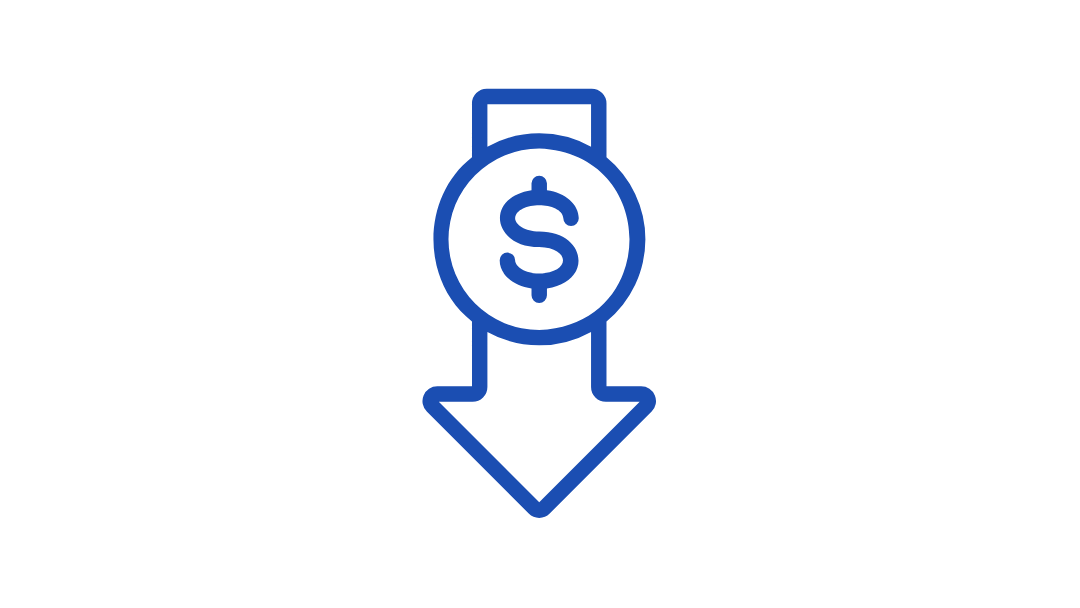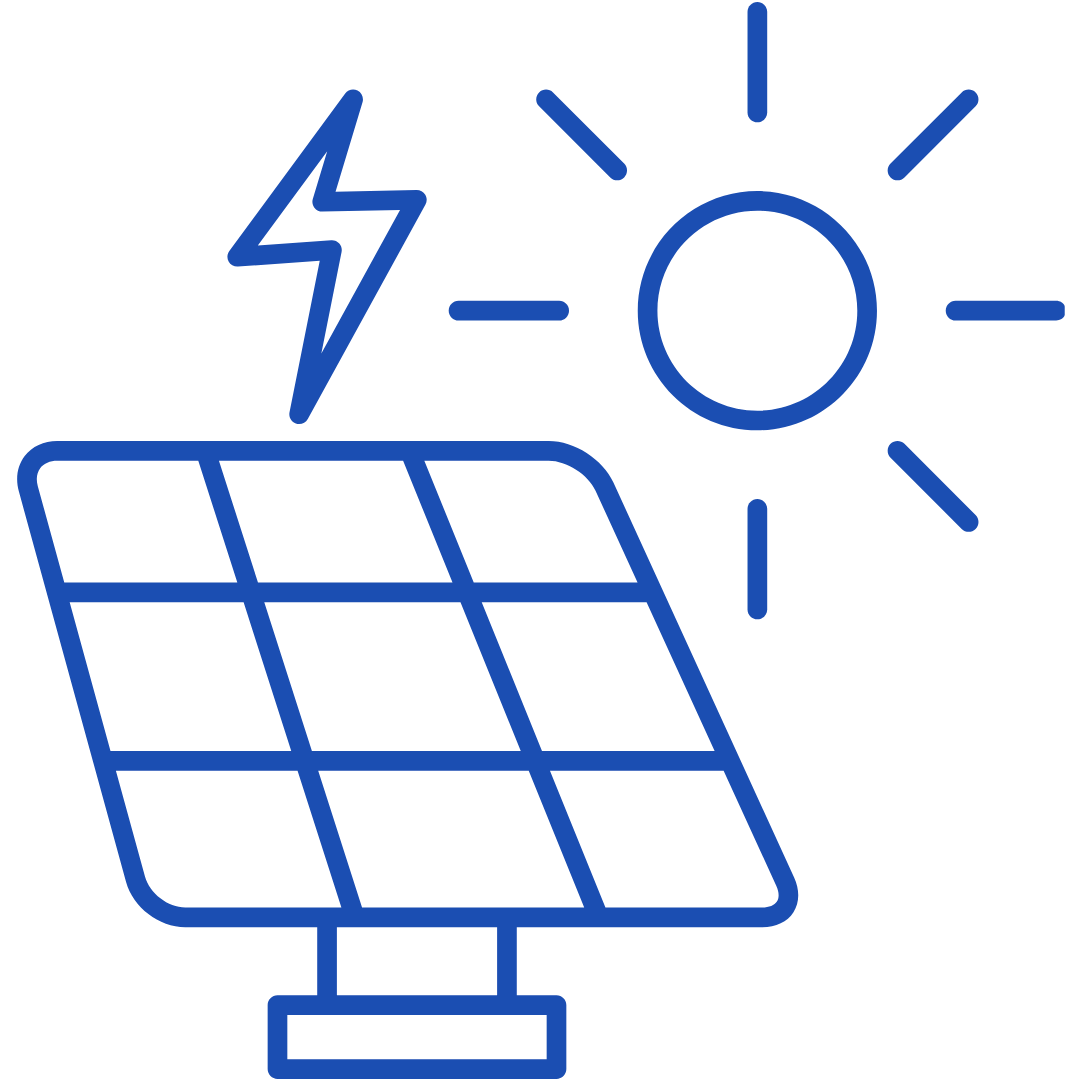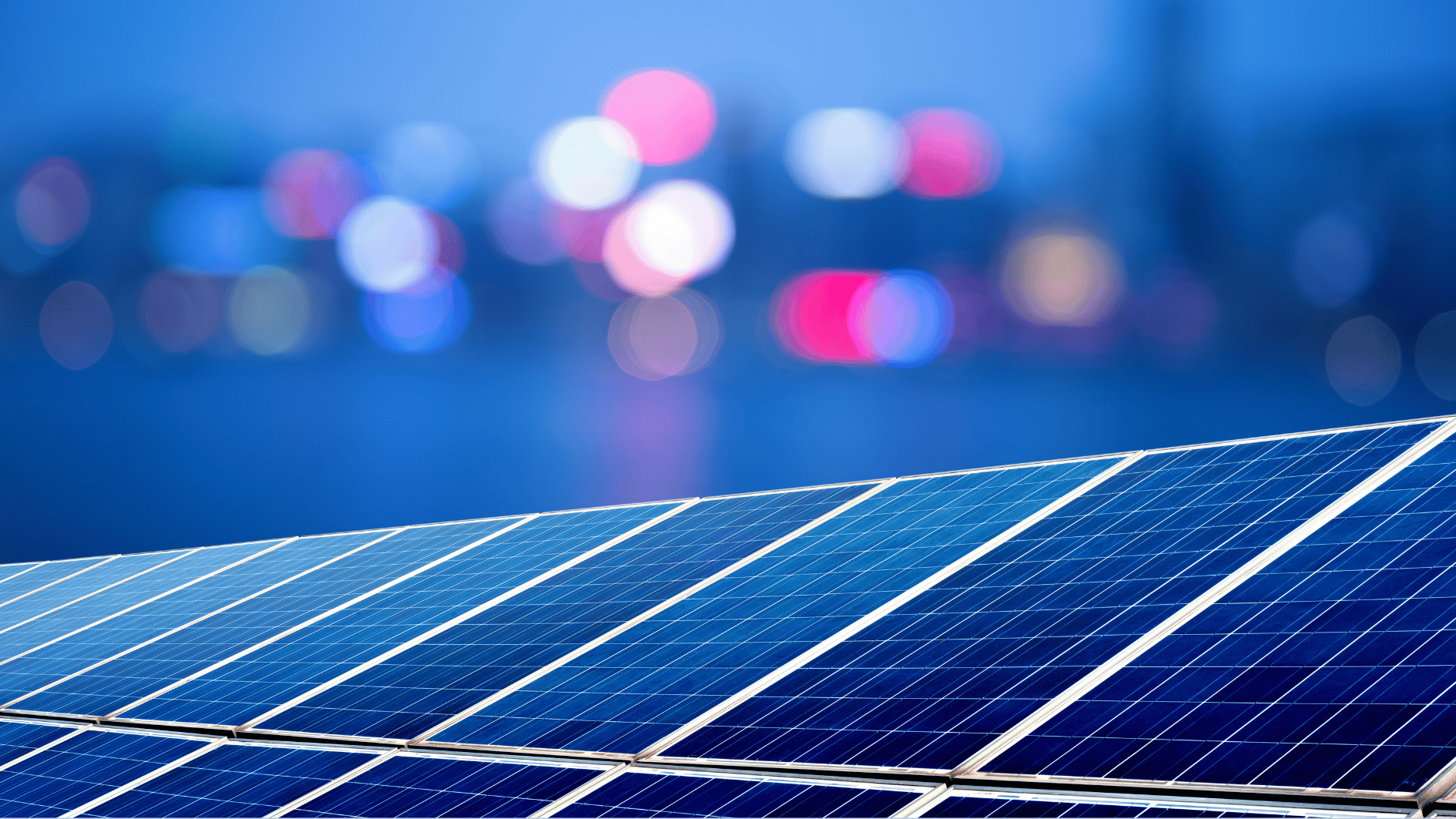Image source: Canva.com
As the demand for solar energy grows, many homeowners and businesses are exploring cost-effective ways to switch to renewable energy. One option that’s gaining attention is purchasing used solar panels. While these panels are typically more affordable than new ones, there are important factors to consider before deciding whether they’re the right choice for your solar installation. This article will cover everything you need to know about used solar panels, including the benefits, risks, and key considerations.
What Are Used Solar Panels?
Used solar panels are panels that have been previously installed and used in another solar system. These panels may be resold after being removed from the original installation for various reasons, such as system upgrades, property sales, or refurbishing projects. Some used panels come from decommissioned solar farms or commercial systems that have upgraded to newer technology.
Benefits of Buying Used Solar Panels

Lower Cost
The primary appeal of used solar panels is their affordability. On average, used panels cost 30-50% less than new ones, making solar energy more accessible to budget-conscious buyers. For those looking to go solar without a large upfront investment, used panels can offer significant savings.

Environmentally Friendly
Purchasing used solar panels helps reduce waste by giving these products a second life. Rather than contributing to electronic waste, used panels can continue to produce clean energy, extending their usefulness and lowering their environmental impact.

Quicker Payback Period
Because used panels cost less, the time it takes to recoup your investment through energy savings can be shorter. This can be especially beneficial for homeowners or businesses looking to reduce energy costs quickly.

Availability of Older Models
In some cases, used panels may be older models that are no longer in production. If your system uses a specific type of panel that’s been discontinued, buying used panels can help you maintain or expand your existing setup without having to replace the entire system.
Risks and Challenges of Used Solar Panels
Decreased Efficiency
One of the main drawbacks of used solar panels is reduced efficiency. Over time, all solar panels experience a decrease in their ability to convert sunlight into electricity due to wear and tear, exposure to the elements, and natural degradation. A panel’s efficiency typically declines by about 0.5% per year, so a 10-year-old panel may produce 5-10% less energy than it did when new.
Shorter Lifespan
While most solar panels are designed to last 25-30 years, buying used panels means you’re purchasing equipment that’s already a few years old. Depending on the panel’s age and condition, it may have a shorter remaining lifespan, which could limit the long-term benefits.
Limited or No Warranty
New solar panels typically come with a warranty that covers performance and defects for 20-25 years. Used panels, however, often come without a warranty, meaning you’ll bear the risk of any future malfunctions or performance issues. If a used panel fails prematurely, you won’t have the same protection that comes with a new purchase.
Potential Damage
Used solar panels may have visible or hidden damage from their previous installation. Cracked glass, faulty wiring, or delamination (when layers of the panel separate) can reduce their performance and lifespan. Without a thorough inspection, it’s difficult to know whether a used panel is still in good working condition.
What to Look for When Buying Used Solar Panels

Age of the Panels
Check the manufacturing date of the solar panels. Panels that are less than 10 years old may still have a considerable lifespan left, while those older than 10-15 years may not be worth the investment due to their declining efficiency and shorter remaining lifespan.
Performance Output
Ask the seller for information about the panel’s current power output and efficiency. You’ll want to compare this to the original specifications to see how much the performance has degraded over time. Ideally, the seller should provide data from a recent test or inspection.
Physical Condition
Inspect the panels carefully for any visible damage, such as cracks in the glass, discoloration, or corrosion. Panels with physical defects may not perform as well and could fail sooner than expected. Additionally, check for any signs of delamination, which can indicate poor construction or exposure to extreme weather.
Compatibility
Ensure that the used panels are compatible with your current solar system or planned setup. This includes checking the voltage, wattage, and connection types to ensure they’ll work with your inverter and other system components. Using incompatible panels can reduce overall efficiency or cause system issues.
Seller Reputation
Buy from a reputable seller or company that specializes in refurbished solar equipment. Check reviews, ask for references, and inquire about their testing and certification processes. A trusted seller will provide you with accurate information about the panel’s history and condition.
Is Buying Used Solar Panels Worth It?
Whether or not buying used solar panels is worth it depends on your specific needs, budget, and expectations. Used panels can offer significant savings, especially for those looking to install solar on a budget or expand an existing system with older technology. However, the risks of reduced efficiency, shorter lifespan, and lack of warranty make it essential to carefully evaluate the panels before purchasing.
Alternatives to Used Solar Panels
If you’re hesitant to buy used solar panels due to the risks, consider these alternatives:
Refurbished Solar Panels
Refurbished panels have been tested, repaired, and certified to work efficiently. They often come with a limited warranty and offer a middle ground between used and new panels.
If you want to avoid the upfront cost of solar panels, you can lease panels or enter into a PPA, where you pay for the energy generated by the panels without owning the system.
Leasing or Power Purchase Agreements (PPA)
New Lower-Cost Solar Panels
Some manufacturers offer budget-friendly new solar panels, which may not have the highest efficiency but still come with a full warranty and a longer lifespan than used panels.
Used solar panels can be an affordable and eco-friendly option for those looking to go solar without breaking the bank. However, they come with trade-offs, such as reduced efficiency and shorter lifespans, and may not include warranties. If you’re considering used solar panels, it’s important to thoroughly inspect them, verify their performance, and buy from a reputable seller. By weighing the pros and cons, you can determine whether used solar panels are the right choice for your renewable energy goals.





